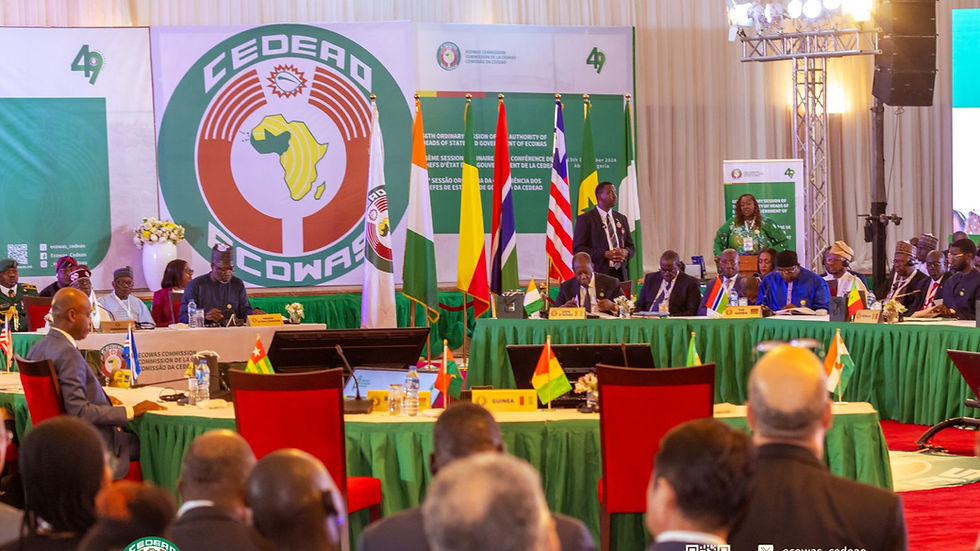Decriminalization has Worked in Portugal, and Should Inspire Governments around the World to do the
- WADPN

- Jun 28, 2015
- 2 min read

Portugal is one of Europe’s smallest countries, but until 2001 it had a BIG drug problem. One in 100 Portuguese citizens were addicted to heroin, a shocking statistic that was met with brute force and a zero tolerance policy by the country’s government. The strict laws meant that anybody caught with drugs– regardless of the amount, what kind of drug, and whether it was only for personal use- would be prosecuted (and often jailed).
The ‘War on Drugs‘ was a battle the government fought with passion and zeal- but no matter how many people went to prison, it just wasn’t working.
“The hard-line approach didn’t make people stop using drugs,” explains Jose Ferreria, an officer in Lisbon’s drug squad. “it’s not a fight we can win.”
The government realized this and decided to do something that was considered extremely radical. They decriminalized everything, allowing citizens to carry small amounts of any drugs, including heroin. The idea was that casual users would be permitted to do their thing, while time, money and resources would be concentrated on helping (rather than prosecuting) addicts.
Since 2001, state-sponsored outreach workers have patrolled the streets, offering users clean needles and pipes. They call this ‘harm reduction.’ Portugal now spends 90% of its drug-related resources on treatment and only 10% on policing and punishment. In the USA, it’s the reverse.
Fear of going to prison was a huge barrier in terms of addicts coming forward and asking for help, but now they are free to do just that. As a result, heroin addiction has been cut by an incredible 50%, as one expert explained to Russell Brand here. Drug-related deaths in general have also dropped dramatically, from 80 in 2001 to just 16 in 2012.
Cesar Gaviria, the ex-President of Colombia between 1990 and 1994, is also featured in this video. He fought a bloody battle against the country’s drug cartels. As a result of this experience, Gaviria is now pro-legalization.
“The war on drugs really failed,” Gaviria says. “No matter what you do, the drugs get to the U.S.” He becomes emotional when he says: “We have suffered so much violence [in Colombia]. We have to look for a solution. We know that repression and prohibition don’t work. We know it. For certain. We have livedthat.”
The second half of the 15-minute video looks at the changing situation in the USA, and specifically Colorado, where revenue from cannabis reached a massive $76m in 2014. This sum is set to rise to an estimated $94m next year, earmarked for schools and police services.
Is it possible that in the future, the USA might decide to not only decriminalize cannabis, but follow in Portugal’s footsteps and choose to help- rather than prosecute- all drug users? It’s likely that whatever happens in North America will cause a domino effect throughout the world, and could mean the end of the failed War on Drugs once and for all.
What do you think? Let us know your thoughts in the comments.
This article (Colombia Bans Monsanto’s RoundUp From Being Sprayed On Coca Plants) is free and open source. You have permission to republish this article under a Creative Commons license with attribution to the author and TrueActivist.com.




Comments